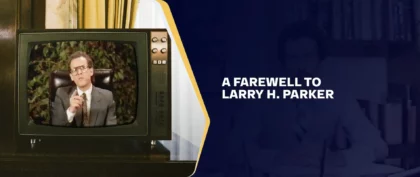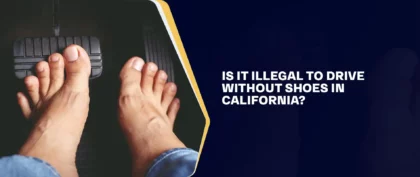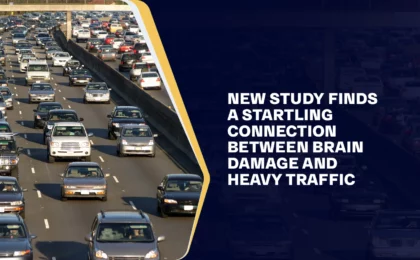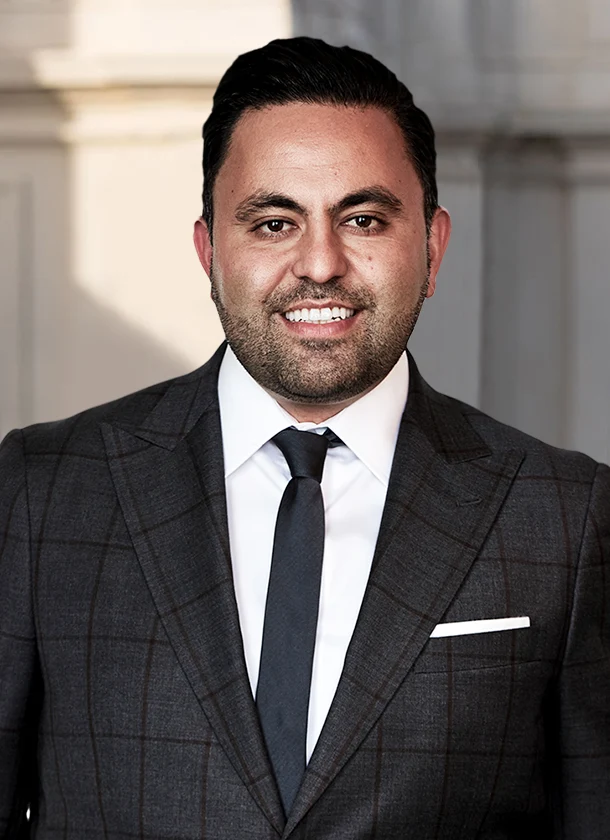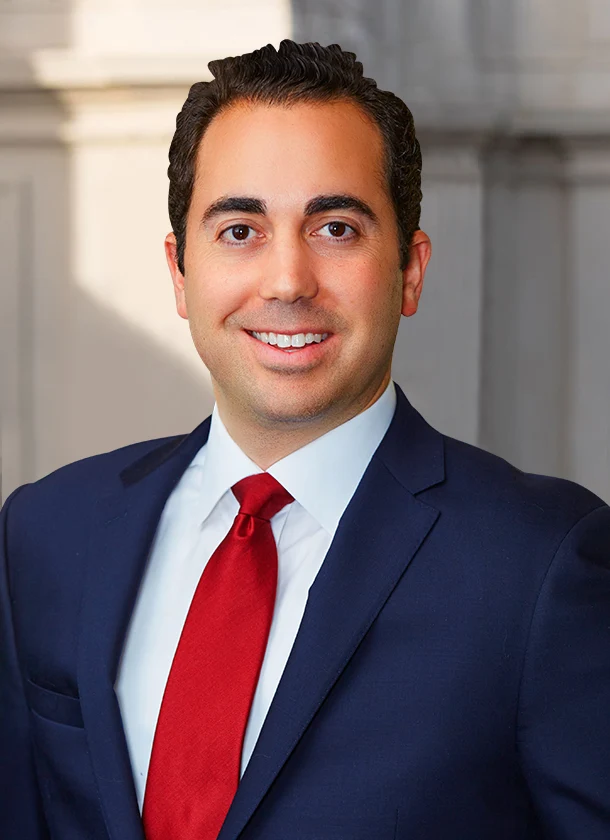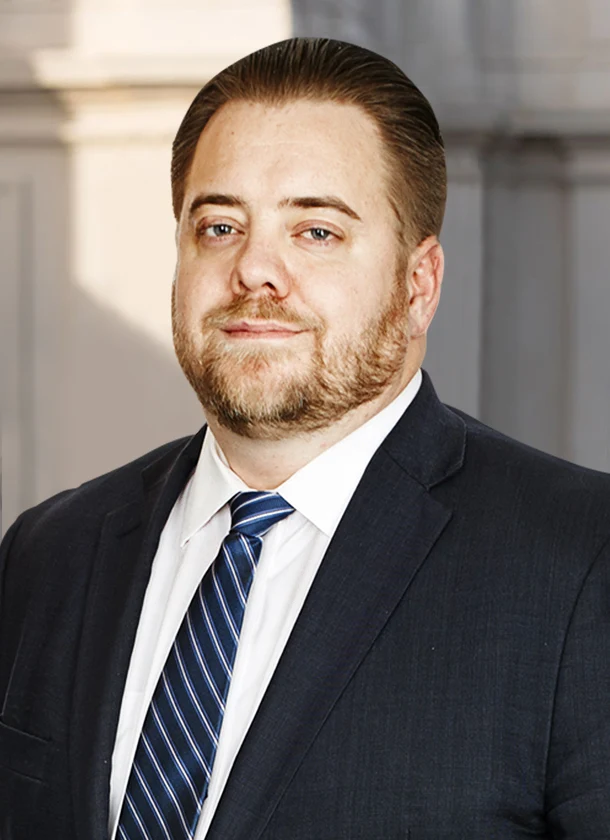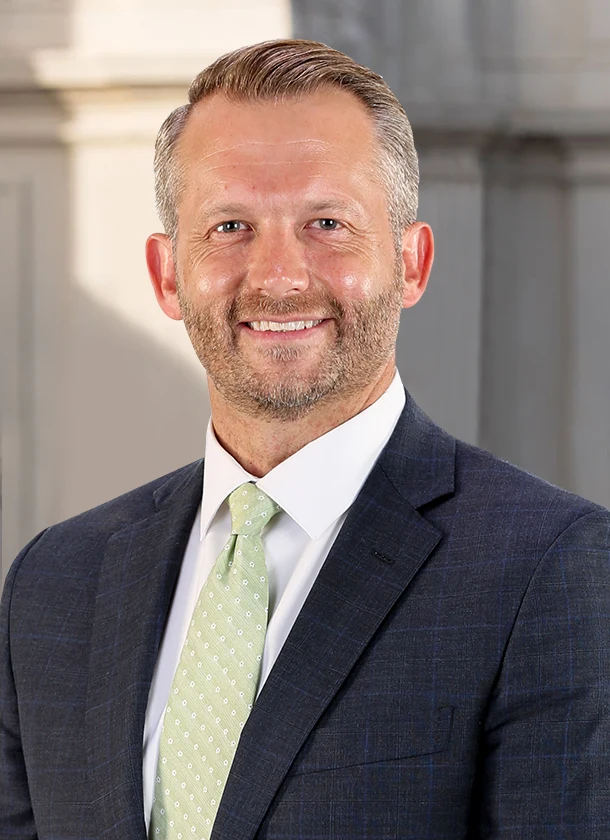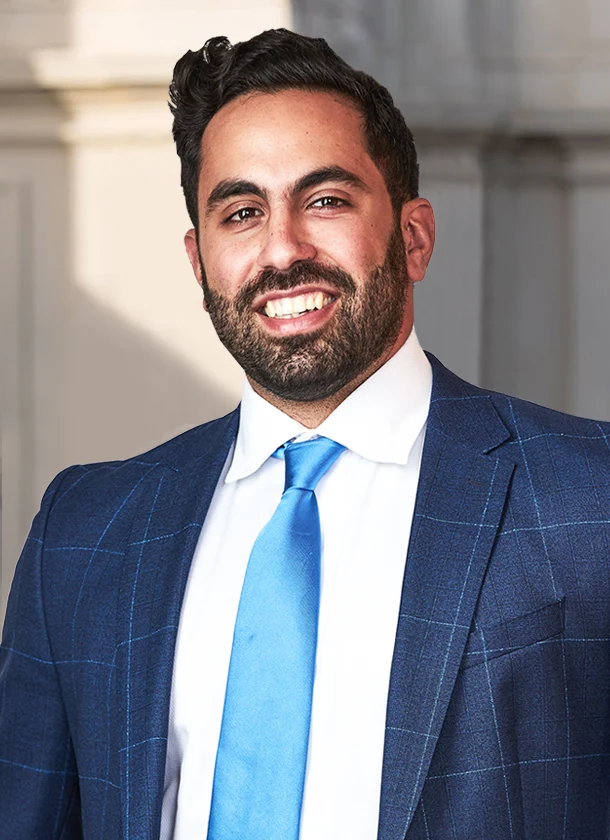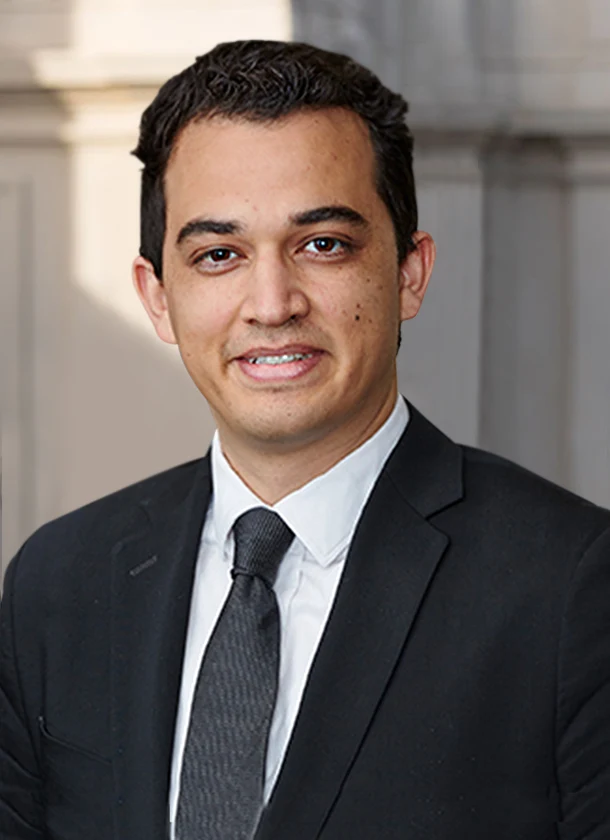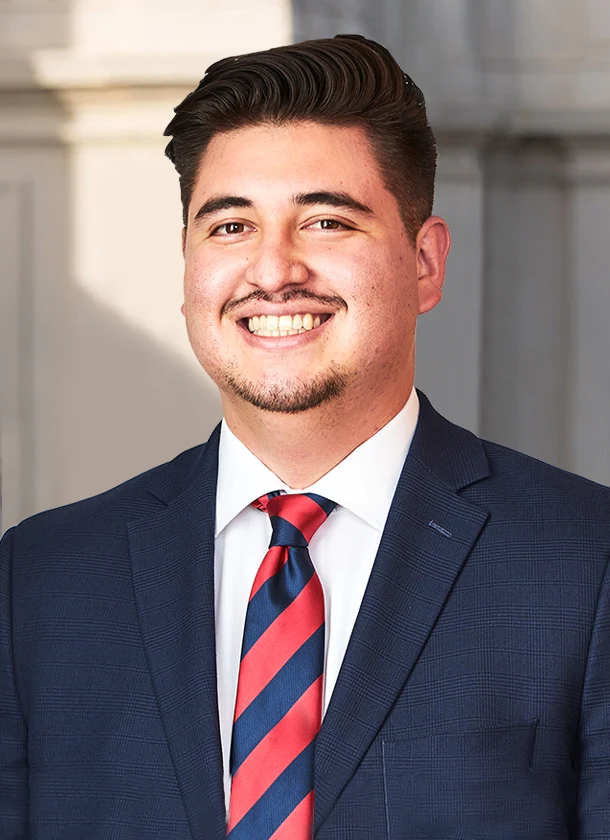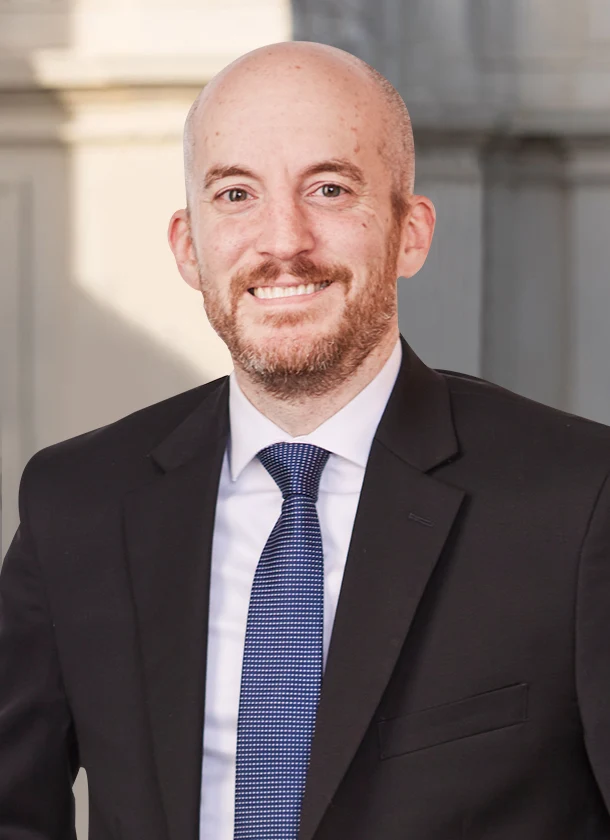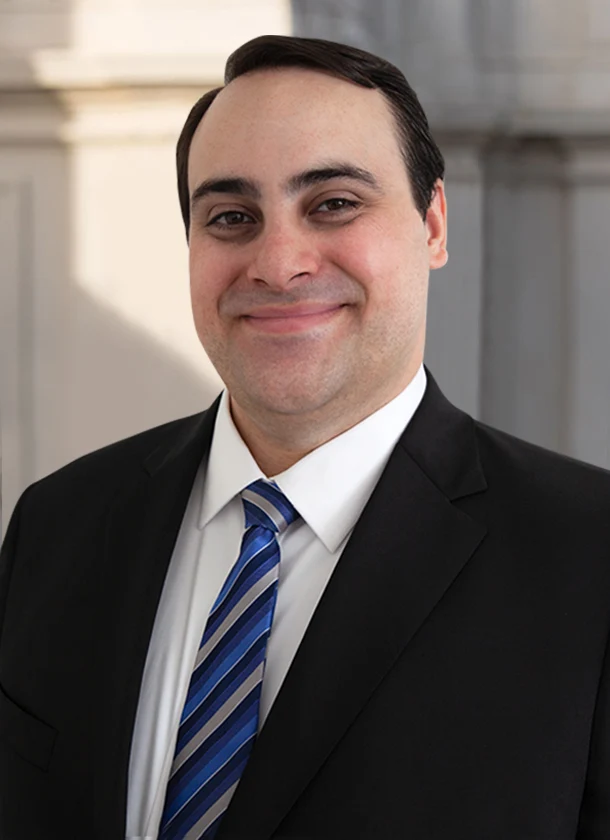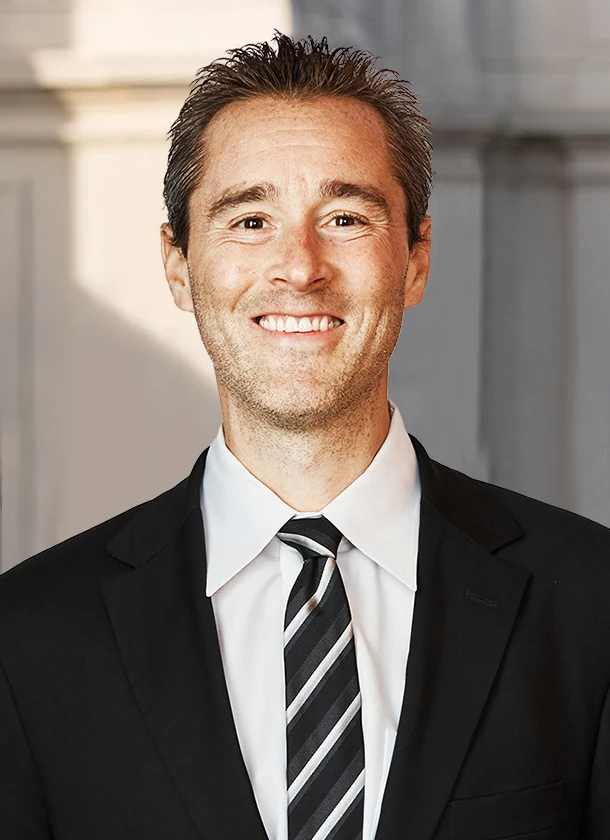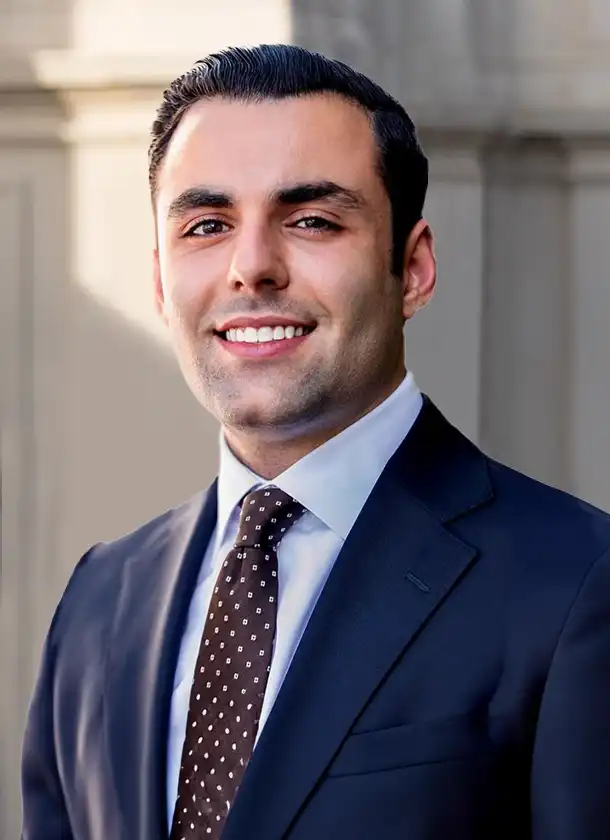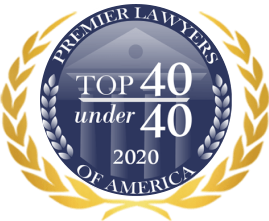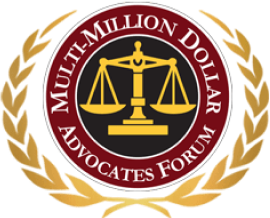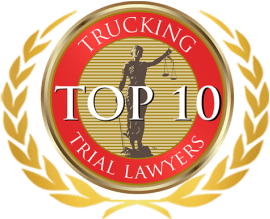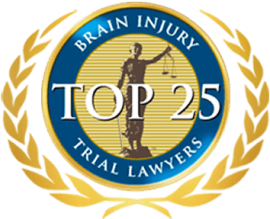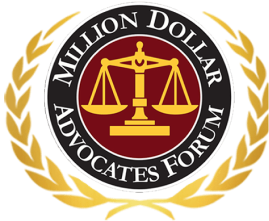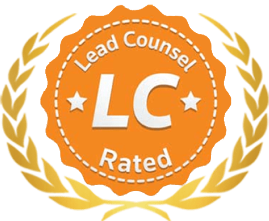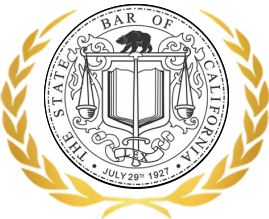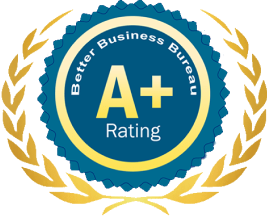Table of Contents
California’s Prop 213, What is it?
Proposition 213, which officially is called The Personal Responsibility Act of 1996, was brought to the voters in California and was an initiative measure that would limit the right for uninsured motorists, and recover any damages for citizens that abide by the law by suing felons, and drunk drivers.
Chuck Quackenbush, the Insurance Commissioner in March 1998, allocated a reduction of $71 million for rates that were filed through Mercury Insurance Co. for Proposition 213. The auto rates for Mercury were also reduced by twenty percent for coverage for uninsured motorists and fifteen percent for coverage for bodily injury.
MADD, or Mothers Against Drunk Driving, Doris Tate Crimes Victims Bureau, Peace Officers Research Association of California, The California Police Chiefs Association, the Association for California Tort Reform, the CHP’s California Association of Highway Patrolmen, California Peace Officers’ Association, among others all supported Proposition 213. Those who opposed Proposition 213 were the Proposition 103 Enforcement Project, which was a proposition that brought about the usage for sequential analysis for setting rates.
This project was led by the California Trial Lawyers Association, Consumer Action, United Policyholders, and consumer watchdog Harvey Rosenfield.
Proposition 213, or Prop 213 for short, is a state law in California that was approved on November 5, 1996. This law mainly restricts the collection of non-economic damages that resulted from a car accident from drivers that are not insured, no matter if they were not at fault for the crash. There have been many challenges to this law to date, but at this time, the law has yet to be overturned. In fact, there are still ongoing efforts to enforce legal actions against 213 drivers. The law mainly affects those that are not currently insured; however, there are other portions of this law that could change you in a different accident claim as well.
3333.3.
In any action for damages based on negligence, a person may not recover any damages if the plaintiff’s injuries were in any way proximately caused by the plaintiff’s commission of any felony or immediate flight therefrom, and the plaintiff has been duly convicted of that felony.
The reason for this law is quite simple. A person who does not protect others from the negligent actions that they make, should not be able to get damages for pain and suffering. Essentially, it is a punishment, to put it simply. The real question is, however, whether or not this law encourages anyone to have insurance. It is likely that the majority of drivers in the state of California are not aware at all of the fact that their lack of coverage now excludes them from certain damages, even in cases that they are not at fault.
There are many cases where people will call law offices and become distraught learning about this law and claiming that the law is not just. Whether or not the law is unjust or just, the law is an existing law, and it prevents drivers who do not have the proper legal liability coverage from obtaining pain and suffering due to their actions that were negligent on the roadways. This goes for any vehicle type, vans, buses, and even trucks.
Just because you weren’t insured, doesn’t mean that you don’t have the right to get compensated. You have the right to compensation for lost wages, medical bills, property damages and any other losses that you suffered due to someone’s negligence.
The Purpose of Proposition 213 According to the Initiative
The first reason mentioned for Prop 213 is that the costs for car insurance have skyrocketed in California for those who are taking responsibility for their actions. Drunk drivers, motorists that are not insured, and criminal felons are breaking the law, and there is no reason that they should be getting rewarded for being irresponsible and breaking the law.
However, under the current regulations, the drunk drivers and motorists that are uninsured that are involved in accidents can recover damages that are unreasonable from citizens that are abiding by the law, and criminals have recovered damages from citizens, who were following the law, while they were committing their crimes.
The second reason is that the system, which rewards the individuals who refuse to take responsibility personally to stop them from being able to seek out unreasonable damages or from suing a citizen, who abide by the law.
This is why the State of California’s People enacted this measure to restore the balance for the justice system to limit the right for suing drunk drivers, motorists that are not insured, and criminals.
Under the previous law, anyone that suffered an injury as a result of a car accident was able to sue the person, government, or business responsible so that they would be able to recover any losses. Losses can include economic losses, which could be medical expenses, property damage, or lost wages, and losses that are not economical, for example, pain and suffering.
Proposition 213 does not allow for the recovery of losses that are non-economic for specific accidents. A convicted felon can, from suing, recover any damages that are suffered due to someone else’s negligence. A convicted felon can sue to recoup some of his losses.
What Compensation Is Affected by Prop 213?
The compensation is only restricted by non-economic damages that happen in a car accident by Prop 213. This includes losses from disfigurement, emotional or mental distress, pain and suffering, inconvenience, and physical impairment. Economic damages are still offered to accident victims that are affected by Prop 213. This would include things such as rehabilitation costs, future medical expenses, missed work meaning lost wages, and repairs to property or vehicles.
Who Is Affected by Prop 213?
Mainly uninsured drivers are affected by Prop 213. If at the time of an accident you are not insured nor is the vehicle that you are driving, in your case Prop 213 may apply. As we mentioned above, this will deny you being able to get compensated for any damages that are not economic. No matter if you have a reason to believe that the vehicle being driven is insured.
Drivers under the influence of alcohol or drugs, also known as DUI, are also a vital part of those who are affected by Prop 213. In a case where a driver did not cause the accident at the time but had been driving under the influence, it may cause the law to prevent them from collecting any damages for pain and suffering, as well as any other non-economic compensation. An important thing to note is that this has to do with both victims of DUI car accidents and those that cause them.
Are There Exceptions to Prop 213?
There are specific narrow exceptions for Prop 213 with which it is possible that you could obtain all the damages that you are entitled to, whether or not you were insured when the accident occurred or if the vehicle that was being driven was insured or not.
The first exception is if the vehicle that you were driving was an employer’s vehicle and it was not insured, then you might be able to still seek out non-economic damages for the accident injury. This can even apply if when the accident happened, you were not insured.
The second is if the accident occurred on private property, you might be able to obtain all the compensation that is typically entitled to you This is because of the state law requires that drivers have auto liability insurance to drive on the public roadways, but on private property, this is not a requirement.
The third and final exception is if you are not the owner of the vehicle being driven, but you, the person driving, have another car that you have insurance on. This will make you exempt from Prop 213.
Your insurance allows for you to seek the complete compensation that generally you are entitled to have, even though the car you were driving was not insured.
If I Was Not Insured, Should I Pursue a Personal Injury Case?
Just because you were not insured, does not mean that you do not have the right to get compensated after being injured in an accident that was caused by someone else’s negligence. Even if in your case, Prop 213 applies. You do have a right for your lost wages, medical bills, damages to any property, or any other economic losses that you may have suffered due to another person’s negligence. If you need superior representation for your personal injury claim or legal guidance in California, you need to contact Arash Law and schedule a free consultation with one of our award-winning injury attorneys from California.
Our record-setting California car accident lawyers serve car accident victims throughout all of California including but not limited to Los Angeles, Riverside, San Diego, Sherman Oaks, San Jose, Sacramento or wherever you’re located within the golden state. We have decades of experience and knowledge to fight for DUI traffic collision victims. Take a look at our Success Record or video testimonials!



